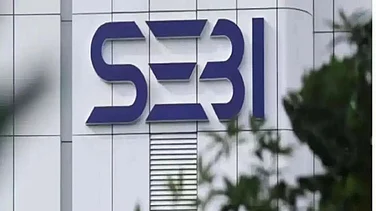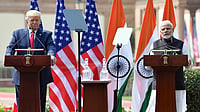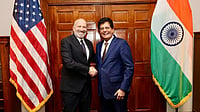Adoption of a cautious approach with regard to Indian equities must be taken into consideration, given the presence of global economic challenges and elevated stock valuations, particularly in light of the forthcoming national elections scheduled for next year, as stated by the Golman Sachs Group Inc.
“The sharp rally since end-March, expensive valuations and global macro risks (high oil, high US rates, strong dollar) warrant a tactically conservative stance over the next three to six months,” analysts including Sunil Koul and Amorita Goel conveyed in a note.
The recent rise in the Indian stock market this year provides a favorable context for Prime Minister Narendra Modi, who is planning to seek a third term in office. However, there is a growing sense of caution. Goldman Sachs’ perspective aligns with the cautionary sentiment, particularly in light of overseas investors having sold a net total of $2.3 Billion in Indian stocks in September, marking a reversal from six consecutive months of inflows.
The upcoming polls are expected to influence economic policy and reform decisions, especially considering that the world's fastest-growing major economy is increasingly being regarded as a viable alternative to China.
India's NSE Nifty 50 Index is currently trading at a valuation of 18.2 times its projected earnings for the next year. This comes after the index has experienced a notable increase of over 15% since its low point in March. The valuation makes it the most expensive among the prominent Asian stock market benchmarks, as indicated by data compiled by Bloomberg.
During the same period, the Nifty Midcap 100 Index has surged by 37%.
Goldman analysts noted that, despite historical trends of Nifty 50 Index gains before elections, current valuations and midcap stock performance seem stretched compared to past election cycles. The Nifty 50 Index has surged over 10% in the six months before election results in four of the past seven instances since 1996.
Indian equities exhibit low implied volatility and aren't pricing in significant election-related risks, as per the analysts. They advise investors to pivot towards larger stocks, especially those linked to better returns and consumption recovery. They suggest hedging risks with inexpensive put options on the Nifty index, which is one of the most cost-effective options globally.




























